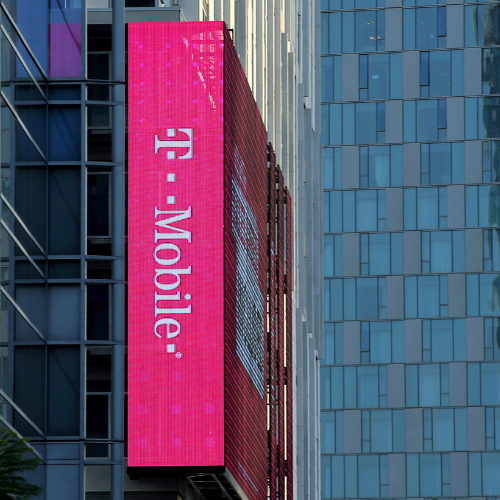T-Mobile, one of the biggest cellphone carriers in the United States, was targeted in a massive hacking attack linked to Chinese cyber-espionage. The hackers, believed to be connected to a Chinese intelligence agency, gained access to T-Mobile’s network as part of a larger operation aimed at spying on high-value targets. These targets reportedly include individuals of interest to the Chinese government, possibly government officials or other influential figures. This breach is part of a growing trend of cyber-attacks on telecommunications companies around the world.
The Attack on T-Mobile
The breach took place during a monthslong campaign in which Chinese hackers targeted telecom networks across the globe. While the exact timeline of the T-Mobile attack is unclear, it is known that these hackers infiltrated not only T-Mobile’s network but also systems belonging to other U.S. and international telecommunications companies. Their primary goal was to monitor sensitive communications and gather intelligence on individuals whose activities were of interest to the Chinese government. This kind of cyber-attack is part of a broader strategy by some countries to use hacking as a tool for espionage.
Despite the significant nature of this cyber-attack, T-Mobile has assured the public that, so far, no customer data has been harmed. A company spokesperson stated that they are monitoring the situation closely and have not found any major impacts on their systems or customer information. However, the company did not clarify if any communications data, such as phone calls or messages, were taken during the breach.
A Growing Problem: Cyber Espionage Against Telecoms
The hacking of T-Mobile is not an isolated incident. This is just one part of a larger pattern where Chinese hackers have targeted major telecom companies, including Verizon, AT&T, and Lumen Technologies. The goal of these attacks appears to be to access critical data, such as information used by U.S. law enforcement agencies to conduct surveillance on individuals under investigation. The attackers were able to access systems that the federal government uses for court-approved wiretapping, which allows law enforcement to listen in on certain communications in the interest of national security.
Salt Typhoon Hackers Spy on U.S. Officials, Breaching Telecom Systems
These breaches have raised concerns within the U.S. government, as this information could be used to gain insights into ongoing investigations or law enforcement activities. The Federal Bureau of Investigation (FBI) and the U.S. Cybersecurity and Infrastructure Security Agency (CISA) have both confirmed that China-linked hackers were behind these attacks. They also revealed that the hackers intercepted sensitive data, which was originally intended for U.S. law enforcement. The fact that these hackers were able to infiltrate telecom networks that are critical to national security has added to the alarm over this growing issue.
China Denies Responsibility
As is often the case in such incidents, the Chinese government has denied any involvement in these cyber-attacks. China has repeatedly rejected accusations from the U.S. and other countries that it uses hackers to target foreign computer systems for espionage purposes. The Chinese government has also dismissed the notion that its intelligence agencies could be involved in large-scale cyber operations. However, the increasing number of reported cyber-attacks linked to China has raised questions about the country’s role in global cyber espionage.
This situation highlights the ongoing risks that telecommunications companies face in securing their networks. With so much sensitive information passing through these systems—ranging from personal communications to law enforcement data—telecoms are valuable targets for hackers looking to gather intelligence. The scale of these attacks and the level of sophistication behind them make it clear that this is not just random hacking, but part of a larger, coordinated effort aimed at gathering information on a global scale.
As telecom companies and government agencies continue to investigate these breaches, the scale of the damage and the long-term implications remain uncertain. What is clear, however, is that cyber-espionage remains a significant threat to both private companies and national security.


